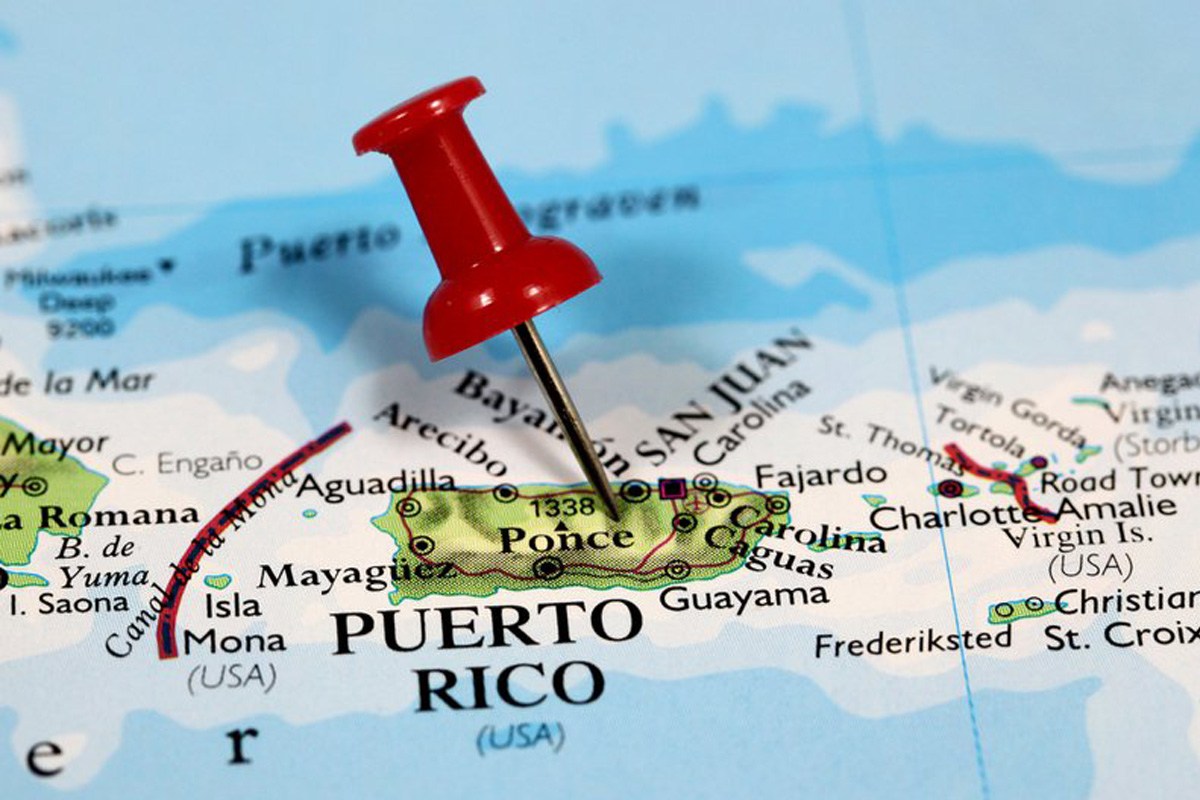 Reading Time: 3 minutes
Reading Time: 3 minutes
The recent US Supreme Court order that struck down the Professional and Amateur Sports Protection Act (PASPA) is certainly going to pave the way for legalised sports betting in the country. It basically means that individual states can formulate their own legislation regarding sports betting. A number of states are jumping into the bandwagon to legalise sports betting. A question arises now is whether or not the bill extends to US territories.
Here is an overview of this topic.
What does it mean for territories?
The legal issues are somewhat confusing, mainly because the Supreme Court focused on the sovereignty of states. But there are precedents and good arguments as to why territories should be treated like states, especially when issues like pre-emption and constitutional rights are involved.
Take Puerto Rico, which has 3.4 million residents but is currently bankrupt and running a deficit. There is a good argument that it should be treated as a US state. Since the territory already has casinos and racetracks, with eight facilities in San Juan alone, this could be a great money-maker for the struggling country.
Online gambling bill is offered
Puerto Rico’s Commission for Tourism and Social Welfare is currently analysing a bill that would allow casinos to offer online gaming.
Presented by the head of the commission, Representative Néstor Alonso Vega, the bill sets outs the minimum requirements to operate an online gaming “franchise concession.” It also presents a taxation framework for the sector and reports on how the receipts would be divided among Puerto Rico’s institutions.
Most important, the bill recommends that the Puerto Rico Tourism Company (CTPR), a government-owned corporation that currently oversees the territory’s tourism industry, should also regulate online gaming.
The director of the Gaming Division of the CTPR, Jaime Alex Irizarry, agrees. He has lent his backing to this proposal that allows the territory’s casinos to run online gaming operations.
He said: “We understand how important it is to approve legislation like this, precisely because due to the absence of effective regulation – as is set out in the proposal – at the moment in Puerto Rico it’s possible to gamble on the internet illegally, without any protections or guarantees, either for the players or the state.”
Licensing concerns
The Gaming Division of the CTPR administers all the licensing and management of land-based casinos, but this would have to be completely overhauled for a new online industry.
While speaking before a public audience, Irizarry recommended that the CTPR be empowered to block servers and service providers that host unauthorised online gaming.
That is the approach taken by Poland and Switzerland to counter unlicensed operators.
Lower taxes
To attract operators to Puerto Rico, Irizarry suggested a lower tax rate, 15 per cent as compared to 20 per cent in the mainland US.
He said, “This reduction will allow the licensee the necessary income to improve [the quality of] their gaming offer. When the quality of the supply improves, the volume of players increases, which will result in a higher gross income.”
However, he argued that the hold percentage for online casino games should be the same as that for games offered in land-based casinos.
In 2017, the net revenue from Puerto Rico’s slot machines was around $263m (£200m). Of this amount, casinos received $126.8m (£96.5), while the territory received $136.2m (£103.7m).
It is estimated that the additional revenue generated by regulating iGaming could create a huge boost for the territory’s economy.
What now for US territories?
What’s for sure is that other territories will certainly be watching with interest how this plays out for Puerto Rico.
In particular, the US Virgin Islands and the Commonwealth of the Northern Marianas both have casinos and would possibly like to take internet wagers from the rest of the world.
Source: vegasslotsonline.com
Source: European Gaming Industry News




